157 start with S start with S
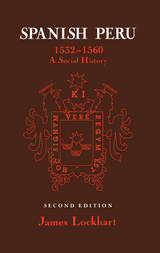
When Spanish Peru, 1532–1560 was published in 1968, it was acclaimed as an innovative study of the early Spanish presence in Peru. It has since become a classic of the literature in Spanish American social history, important in helping to introduce career-pattern history to the field and notable for its broad yet intimate picture of the functioning of an entire society. In this second edition, James Lockhart provides a new conclusion and preface, updated terminology, and additional footnotes.

The contributors to this volume are members of the Hellenistic Sardis Project, a research collaboration between long-standing expedition members and scholars keenly interested in the site. These new discussions on the pre-Roman history of Sardis restore the city in the scholarship of the Hellenistic East and will be enlightening to scholars of classical archaeology.

The author has chosen seventeen of the most important or representative British spy novelists to write about. He presents some basic literary analysis and criticism, trying both to place them in historical perspective and to describe and analyze the content and form of their fiction.
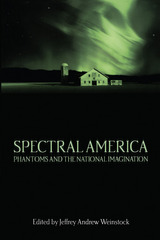
Spectral America asserts that ghosts, whether in oral tradition, literature, or such modern forms as cinema have always been constructions embedded in specific historical contexts and invoked for explicit purposes, often political in nature. The essays address the role of "spectral evidence" during the Salem witch trials, the Puritan belief in good spirits, the convergence of American Spiritualism and technological development in the nineteenth century, the use of the supernatural as a tool of political critique in twentieth-century magic realism, and the "ghosting" of persons living with AIDS. They also discuss ghostly themes in the work of Ambrose Bierce, Edith Wharton, Gloria Naylor, and Stephen King.
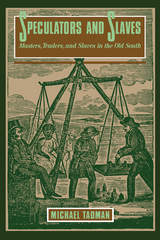
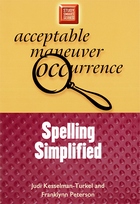
Millions of people want to learn to spell correctly, but they fear the task will be tedious and painful. Now, with the unique, logical approach presented in Spelling Simplified, anyone can become a skilled speller quickly and easily. Through the use of simple and effective exercises and tips, Spelling Simplified illustrates what many poor spellers forget—that the way a word is spelled is closely related to the sound and meaning of that word.
Chapters devoted to syllables and stress, patterns in the language, consonant clusters, and vowel-consonant combinations are included, each complete with its own set of examples and exercises. From the simplest root words through longer words derived from foreign languages, Spelling Simplified guides you through basic techniques for learning how to “hear” a word, how to master irregularities, and how to form large words from smaller ones. Breezily written and easy to use, Spelling Simplified shows that mastering spelling cn be painless—and even fun.

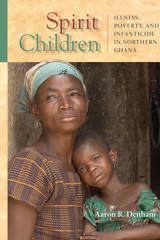
Refusing to generalize or oversimplify, Aaron R. Denham offers an ethnographic study of the spirit child phenomenon in Northern Ghana that considers medical, economic, religious, and political realities. He examines both the motivations of the families and the structural factors that lead to infanticide, framing these within the context of global public health. At the same time, he turns the lens on Western societies and the misunderstandings that prevail in discourse about this controversial practice. Engaging the complexity of the context, local meanings, and moral worlds of those confronting a spirit child, Denham offers visceral accounts of families' life and death decisions.

Library of Congress subject headings for this publication:
Upfield, Arthur William, -- 1888-1964 -- Criticism and interpretation.
Detective and mystery stories, Australian -- History and criticism.
Bonaparte, Napoleon, Inspector (Fictitious character)
National characteristics, Australian, in literature.
Australia -- In literature.
Police in literature.
Crime in literature.

